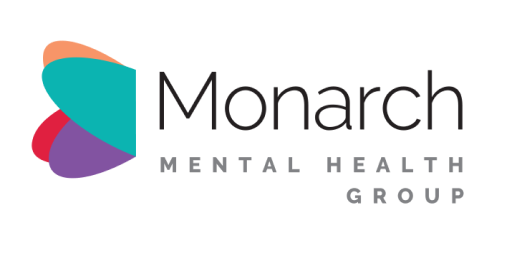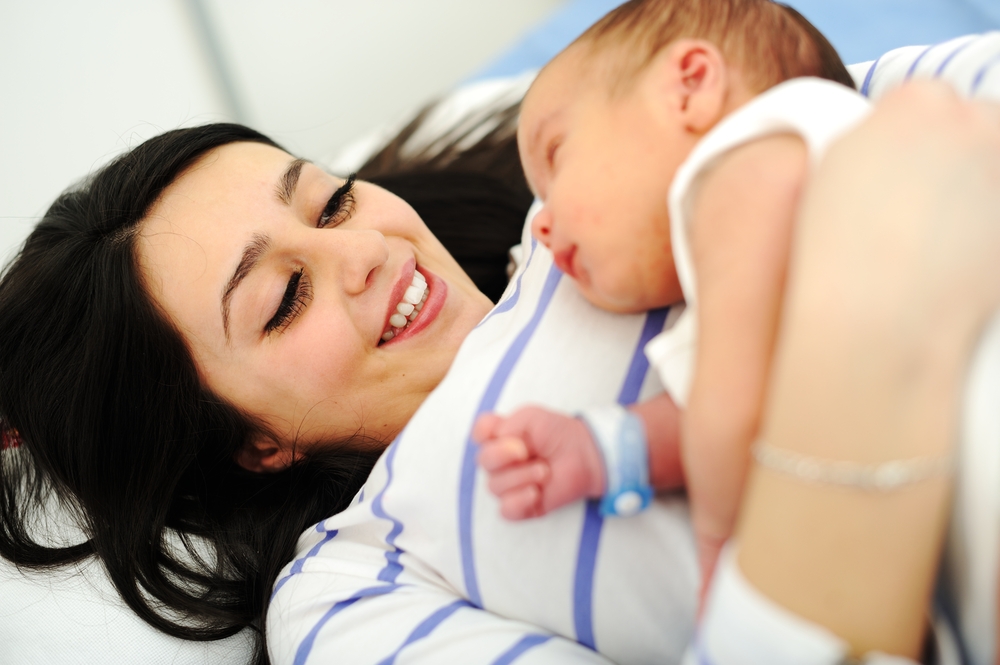Perinatal Mental Health
Pregnancy and the first year of parenthood (the perinatal period - Including postpartum) is undoubtedly a challenging time, involving significant change within a short period. It is not uncommon for new and expecting parents to feel overwhelmed and experience mixed emotions. Sleep deprivation, societal expectations and disparities between expectations and reality add to the upheaval.
Unsurprisingly, the challenges that unfold during the perinatal/postpartum period increase the likelihood of new and expecting parents developing a mental illness (Chen, Selix, & Nosek, 2021; Li, Bowen, Bowen, Muhajarine, & Balbuena, 2021). Or for many, may exacerbate a pre-existing mental illness (O’Hara & Wisner, 2013). It is important to know, that perinatal mental health illnesses are common, temporary, and treatable.
How common is perinatal mental illness?
Birth and non-birth parents, including mothers, fathers, gender diverse parents and carers are all susceptible to mental illness during the perinatal/postpartum period. Anxiety and depression during pregnancy (antenatal) and the 12 months after birth (postnatal) are particularly prevalent (Biaggi, Conroy, Pawlby, & Pariante, 2016). Research estimates that 1 in 5 new and expecting birth parents and 1 in 10 non-birth parents experience perinatal anxiety and depression (Chen et al., 2021; Cost of PNDA in Australia, 2019; RANZCOG, 2018). In Australia, this equates to more than 100,000 families every year.
What are the symptoms of perinatal anxiety and depression?
Symptoms of perinatal/postpartum anxiety and depression will vary in presentation and intensity. However, below are some common symptoms to look out for:
Perinatal Depression
-
Persistent low mood and or sadness
-
Fatigue
-
Loss of interest or pleasure in formerly enjoyed activities or hobbies
-
Low self-esteem, feelings of guilt and hopelessness
-
Insomnia or excessive sleep
-
Weight and appetite changes
-
Difficulties concentrating
-
Trouble bonding or forming an attachment to the newborn
Perinatal Anxiety
-
Excessive worry or fear (e.g., about fetal, and parental wellbeing or mortality) causing impaired functioning
-
Panic attacks – outbursts of fear that is overpowering or difficult to control
-
Irritability or sensitivity
-
Tension
-
Difficulties concentrating or relaxing
-
Heart palpitations, headaches, sweaty hands
What are the risk and protective factors?
Risk factors for perinatal/postnatal mental illness include personal and or family history of mental illness, isolation, life stress, lack of support, poor relationships, domestic violence, and birth trauma (Buist, 2014; Howard, Oram, Galley, Trevillion & Feder, 2013; O’Hara & Wisner, 2013; RANZCOG, 2018). Biological factors, including hormones and genetics, have also been shown to play a role (O’Hara & Wisner, 2013).
On the other hand, social support, emotional support and relationship satisfaction are recognised as key protective factors against perinatal anxiety and depression (Milgrom et al., 2019). It is understood that social and emotional support serves as a buffer against the difficulties experienced during the transition to parenthood. Additionally, preserving some form of personal activity, such as physical exercise or self-care activities may mitigate perinatal mental health issues (Suwalska et al., 2021).
Other preventative self-care strategies may include:
-
Adequate sleep
-
Nutritious diet
-
Being outdoors
-
Adhering to a routine
-
Mindfulness activities; including gratitude exercises
What treatment is available?
Fortunately, help is available and treatment for perinatal anxiety and depression is effective.
Speaking with a health professional, such as a general practitioner, is the best place to start. They can guide the treatment process or make a referral if needed.
Psychological and psychosocial therapies are widely recognised treatment options for perinatal/postnatal anxiety and depression. Psychosocial interventions typically include psychoeducational strategies, peer support and non-directive counselling. Alternatively, cognitive behavioural therapy (CBT) and interpersonal therapy (IPT) have been clinically validated as effective psychological therapies (Dennis & Hodnett, 2007; Nillni, Mehralizade, Mayer, & Milanovic, 2018).
Pharmacotherapy, the first-line treatment option for anxiety and depression outside of the perinatal period, may also be suitable for new and expecting parents. Research indicates that anti-depressants, specifically SSRIs, are relatively low risk and can be prescribed during pregnancy and post-partum (Misri, Abizadeh, Sanders, & Swift, 2015; RANZCOG, 2018). In any case, health professionals will weigh the risk of pharmacotherapy treatment against untreated mental illness during the perinatal period. Involving a psychiatrist is recommended.
Transcranial magnetic stimulation (TMS) is an alternative, non-pharmacological treatment option available to both birth and non-birth parents during the perinatal period. TMS is a non-invasive intervention that works by stimulating nerve cells in regions of the brain involved in mood regulation. Research currently supports its safety and efficacy in reducing depressive symptoms (Felipe & Ferrao, 2016; Fitzgerald & Daskalakis, 2011; Kim et al., 2019).
Transcranial direct current stimulation (tDCS) is a secondary brain stimulation treatment option. In comparison to TMS, tDCS utilises a lower level of electric current to stimulate the brain and induce changes to the areas involved in depression (Vigod et al., 2014). Notably, tDCS therapy can be safely delivered at home, thus allowing new and expecting parents to carry out normal activities whilst receiving treatment.
With any treatment, some level of risk will be involved. A decision concerning treatment should always involve a team of healthcare professionals to ensure that potential risks are well-considered and managed.
Are there other perinatal mental illnesses?
If you are struggling, but don’t fit the category of perinatal/postnatal anxiety and depression, it is important to know that other mental illnesses can occur during the perinatal period. Postnatal psychosis, obsessive-compulsive disorder (OCD), and eating and substance use disorders are among some of the other conditions that fall under the umbrella of perinatal mental health (Biaggi et al., 2016; Howard & Khalifeh, 2020). Prevalence rates vary, with 4 - 9% affected by OCD (Challacombe & Wroe, 2013) and 1 to 2 in every 1000 birth parents affected by postnatal psychosis (O’Hara & Wisner, 2013). Again, reaching out for help is the first step and getting treatment sooner is better.
Sharing the care
Supporting someone with mental health concerns through the perinatal period (Including postnatal) can be challenging. However, there are small things that can be done to help. Taking time to ask someone how they are feeling, offering reassurance, providing company and perhaps helping with the housework. And of course, encouraging someone to engage with support services or professional help.
Recognising the potential strain of supporting a loved one is equally important. Help is also available for those in a supporting role.
Where to find out more?
Remember, you don’t have to go it alone. Across Australia, there are organisations dedicated to supporting those affected to take the first step. For more information or immediate help, you can visit or contact:
PANDA: Perinatal Anxiety and Depression Australia
W: panda.org
Ph: 1300 726 306 Mon-Sat, 9am to 7:30pm AEST
GIDGET: Perinatal Support Centre
Ph: 1300 851 758
Centre of Perinatal Excellence
W: cope.org.au
Ph: 1300 740 398
Beyond Blue
Ph: 1300 22 4636
Lifeline
Ph: 13 11 14
.png)
About The Author
Dr Ted Cassidy
Dr. Ted Cassidy is a psychiatrist and co-founder of Monarch Mental Health Group in Australia, which provides innovative treatments for depression, PTSD, and anxiety. Monarch Mental Health is recognized as Australia's first outpatient clinic offering assisted therapy and is the largest provider of outpatient magnetic stimulation therapy.

